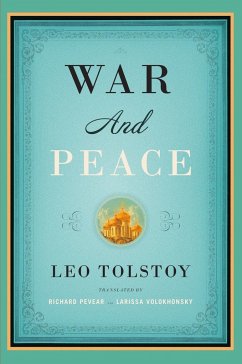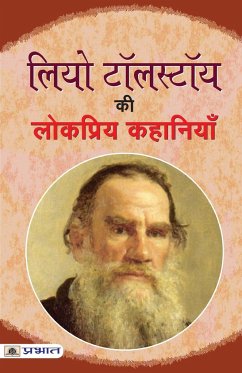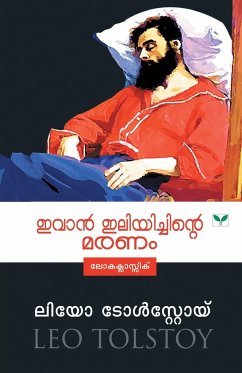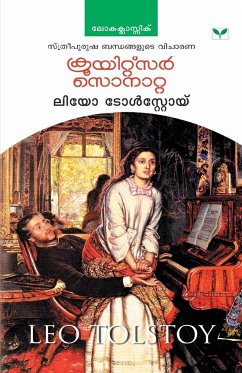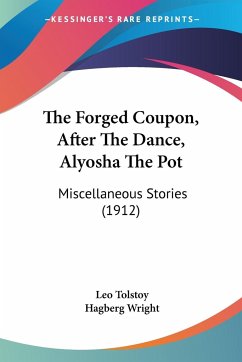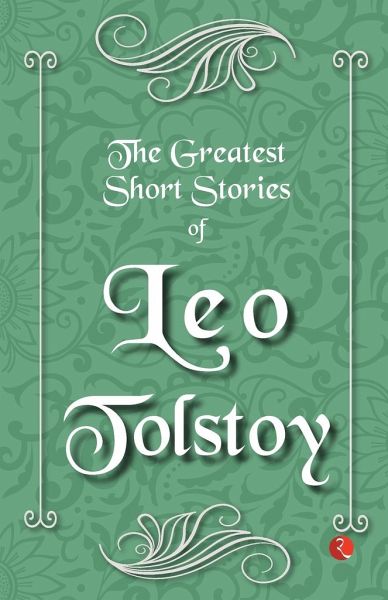
The Greatest Short Stories of Leo Tolstoy
Versandkostenfrei!
Versandfertig in 1-2 Wochen
30,99 €
inkl. MwSt.

PAYBACK Punkte
15 °P sammeln!
The Russian novelist and moral philosopher Leo Tolstoy (1828-1910) ranks as one of the world's greatest writers. This edition of his selected works brings his thirty-five best short stories ranging from stories for children, stories for the people, and Russian folk tales to his adaptations from French stories and the ones written for the Jewish pogrom victims in Russia. The purpose of all true creative art, he believed, is to teach. But the message in all his stories is presented with such humour that the reader hardly realizes that it is strongly didactic. Tolstoy authored some of the world's...
The Russian novelist and moral philosopher Leo Tolstoy (1828-1910) ranks as one of the world's greatest writers. This edition of his selected works brings his thirty-five best short stories ranging from stories for children, stories for the people, and Russian folk tales to his adaptations from French stories and the ones written for the Jewish pogrom victims in Russia. The purpose of all true creative art, he believed, is to teach. But the message in all his stories is presented with such humour that the reader hardly realizes that it is strongly didactic. Tolstoy authored some of the world's best and most recognized works over the course of a nearly half-century career which has stood the test of time and geographical boundaries




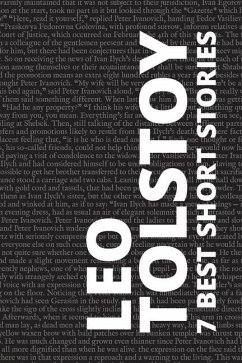
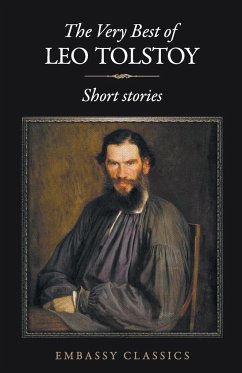
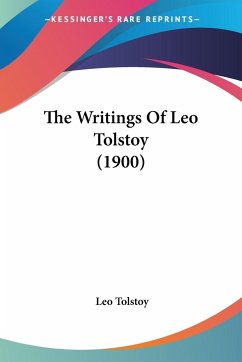
![Leo Tolstoy [microform] Cover Leo Tolstoy [microform]](https://bilder.buecher.de/produkte/66/66189/66189094n.jpg)
